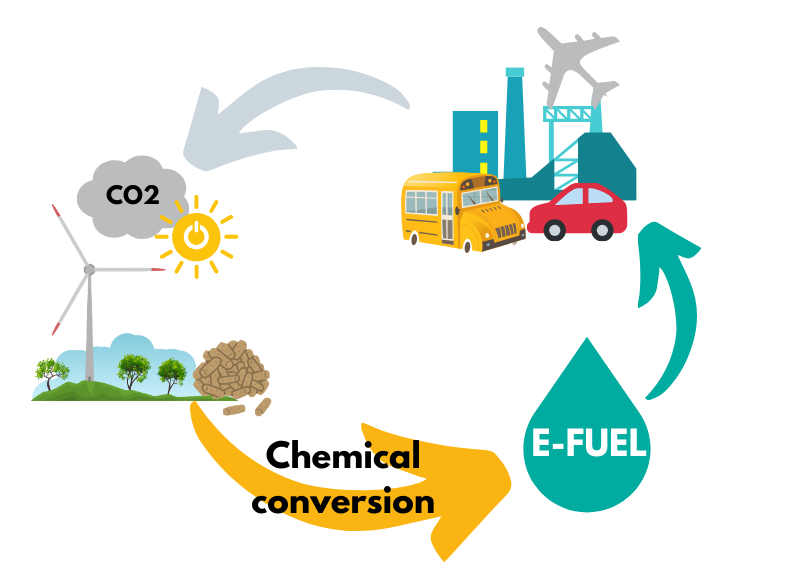Industry plays a critical role in shaping our world. Certain sectors, such as steel, cement, glass, and chemicals, provide essential materials for infrastructure and daily life but face unique challenges due to their high energy consumption and significant carbon footprint. These sectors, known as Energy-Intensive Industries (EIIs), are pivotal in global efforts to reduce emissions and promote sustainability, presenting a unique opportunity to lead the transition toward a greener future.
At ENCODING, we are committed to supporting industries in this transformation. Our research focuses on facilitating the transition to Renewable Synthetic Fuels (RSFs). To this end, our PhD students conduct advanced experiments and numerical simulations to better understand the underlying physics of RSFs and analyze their emissions. By integrating Machine Learning techniques, they aim to optimize and enhance the efficiency of industrial processes, paving the way for a cleaner, more sustainable future.
Renewable Synthetic Fuels (RSFs) represent an innovative alternative to fossil fuels, designed to reduce carbon emissions while maintaining versatility and efficiency. Produced from renewable sources such as captured CO₂, green electricity, and water, RSFs are revolutionizing how we think about energy.
Some key RSFs include:
Achieving sustainability in EIIs requires a blend of innovative technologies, strategic collaboration, and a strong commitment to change. At ENCODING, we believe that by integrating RSFs, cutting-edge combustion research, and digital tools, we can empower industries to transition to a cleaner and more efficient future.
